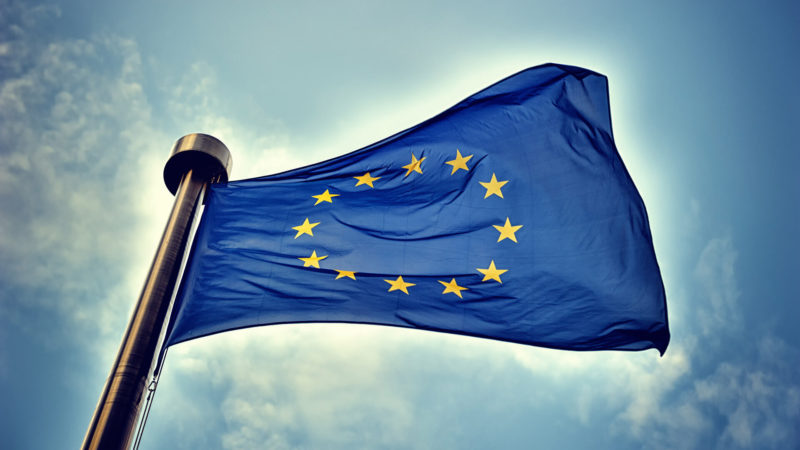EU Antitrust Endgame Looking More Murky, Risky For Google
The Wall Street Journal added more color to the unfolding story of the collapse of the Google-European Commission antitrust settlement. Notwithstanding denials by outgoing competition czar Joaquín Almunia, it’s clear that pressure from major European publishers, rivals and politicians undermined the deal. We’re in something of a “now what?” moment. If a settlement cannot be […]
The Wall Street Journal added more color to the unfolding story of the collapse of the Google-European Commission antitrust settlement. Notwithstanding denials by outgoing competition czar Joaquín Almunia, it’s clear that pressure from major European publishers, rivals and politicians undermined the deal.
We’re in something of a “now what?” moment.
If a settlement cannot be reached there will be a formal “Statement of Objections” and a process will begin that could result in billions in fines for Google. Here’s the European Commission’s discussion of what happens after a Statement of Objections is filed and served:
A Statement of Objections is a formal step in Commission investigations into suspected violations of EU rules on restrictive business practices. The Commission informs the parties concerned in writing of the objections raised against them and the companies can examine the documents on the Commission’s investigation file, reply in writing and request an oral hearing to present their comments on the case before representatives of the Commission and national competition authorities.
If, after the parties have exercised their rights of defence, the Commission concludes that there is sufficient evidence of an infringement, it can issue a decision prohibiting the conduct and impose a fine of up to 10% of a company’s annual worldwide turnover.
Beyond this, some in Europe are now calling for Google to be broken up, while others are asking for Google’s search algorithm to be revealed.
Almunia has asked yet again for Google to come up with additional proposals and concessions. However he’ll be gone in a month and his successor, Danish government minister Margrethe Vestager, will take over. Her position on Google is not entirely clear. However the Wall Street Journal quoted Vestager saying that fair online competition will be “very, very high” on her agenda.
While Almunia arguably had the power to “impose” a settlement, he declined to do so, seeking market and political consensus which was never forthcoming. And by bowing to political pressure, he’s arguably made Vestager’s job harder. She will probably need to gain “buy in” from a wide range of vocal and disparate anti-Google parties, publishers and bureaucrats.
I’ve seen one concrete third-party proposal that might represent a viable solution, but it’s relatively narrow. Yet, it’s not clear what practical, additional “concessions” would be acceptable to the broad range of Google’s European critics. It appears they now feel they have the momentum and are becoming more aggressive in their demands.
Short of something entirely unacceptable to Google, it’s hard to envision a settlement that would satisfy all these emboldened factions. Indeed, the endgame is looking at once more murky and more risky for Google.
Opinions expressed in this article are those of the guest author and not necessarily Search Engine Land. Staff authors are listed here.
Related stories
New on Search Engine Land
